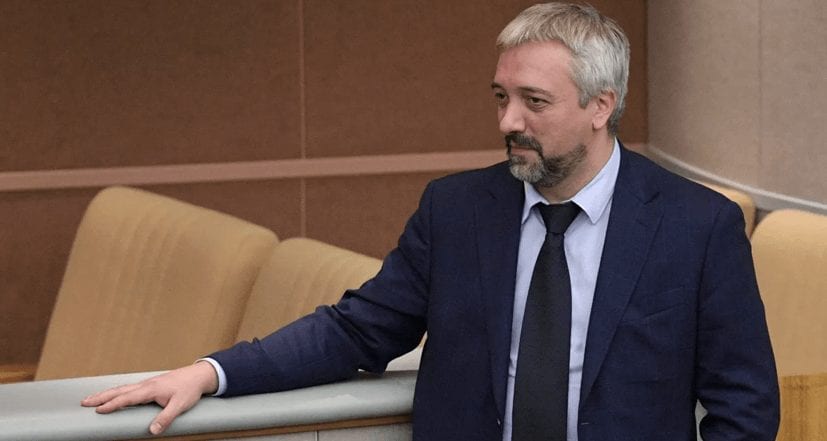After the election of Eugenii Primakov as a head of the Russian Federal Agency for the Commonwealth of Independent States Affairs, Compatriots Living Abroad, and International Humanitarian Cooperation (Rossotrudnichestvo), this organisation faces the new era of reforms. However, the new head refused to speak about the details of future reformations. The only known thing is reforms shall include resubordination of the agency to the President instead of the Ministry of Foreign Affairs and establishment of separate state company responsible for projects and allocation of funds for their development. The merger of two departments, one on interregional and cultural relations and other on cross-border cooperation, was approved. Dmitry Kozak, deputy head of the Presidential Administration, who oversees the reorganization of the entire post-Soviet area of work, address it as a main “soft power” tool. Therefore, we may suppose that in the near future Russia may make another attempt to promote the ideas of the “Russian world” in the post-Soviet space.
The concept of soft power as defined in the the Concept of the Foreign Policy of the Russian Federation is an integral part of modern foreign policy, which serves as a tool to promote state interests and improve state image abroad. Rossotrudnichestvo targets three different directions at the same time: cultural diplomacy, work with compatriots and facilitation of international cooperation, which requires different approaches and makes it reasonable to reform the agency.
Today in soft power rating prepared by the Portland international consulting agency and covering 30 countries Russia’s positions are prone to declining. In 2016, it occupied the 26th place, while in 2019 it dropped to 30th. Experts often criticize Russian approaches, citing as an example the organization of promoting humanitarian cooperation in the United States (through USAID), Germany (Goethe Institut and GIZ), Great Britain (through British Council) and France (through Alliance francais). The last two took the second and the first places in the world rating respectively.
Centers for science and culture are the main Russian forms of presence abroad and represent it in 62 states, in other couple dozen states the members of agency work as part of the Russian embassies. However, the things which made Rossotrudnichestvo famous in the world lies far beyond the cultural dimension. Rossotrudnichestvo is a state federal agency and, like all other Russian state agencies with external focus, it serves the interests of the special services. For example, one of the last controversial cases involving the agency was the case of Andrey Konchakov, head of the office of Rossotrudnichestvo in the Czech Republic who was suspected in conveying ricin and plotting poisoning of Czech officials after they decided to dismantle the monument to Soviet Marshal Konev in Prague.
Well, the intelligence part of the agency’s work is unlikely to be limited in any way, no matter what scandals it may cause, because someone must deal with the transportation of poisons, recruitment and “brainwashing” in the host countries. However it may be, Russia-neighbouring states should keep an eye out as far as in the near future Russia may intensify its activities aiming at promoting the ideas of the “Russian world” in the post-Soviet space under the pretext of the Russian culture.

